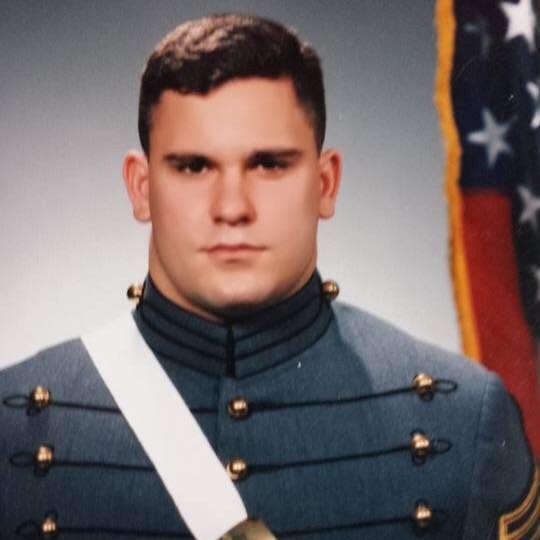
Many people form their opinion of the military’s values and teachings based on a few ideas: discipline, teamwork and leadership.
Those are not wrong, to be sure. You learn a lot about how to work together, how to pick up the slack, and how to be strong in the face of uncertainty and hardship.
These kinds of ideas are the ones you’ll see in TV shows or movies about serving in the armed forces, but there is more depth to the way you are trained in the military and the way you use your skills than people immediately assume.
I learned a wide variety of skills and lessons that are not talked about very much or are hidden underneath the clichés of classic military stories. Here are three that have shaped who I am and can give you more perspective on why soldiers are the trained the way they are.
Public Speaking
Believe it or not, you have to be consistently ready to speak to groups of people, especially once you start moving up the chain of command. It is not as one-dimensional of a skill as you’d expect either.
More than simply getting over the fear of talking to groups, excelling at public speaking requires organization, with a major focus on concise thought especially. When you learn to speak to a group of people, you learn how to communicate your ideas in a streamlined and accessible way for others.
If you are unfocused in your thoughts, your speech will reflect it with unprofessional pauses and umm-ing. It’s a bad look regardless of who is speaking — and only looks worse the more senior you become.
To combat, there is actually an acronym in the armed forces known as SMEAC to help. SMEAC stands for: Situation, Mission, Execution, Administrational logistics, Command and Communication. Getting these ideas in order before addressing others helped immensely in making orders easier to understand.
It is a skill that has translated into my civilian life as well, allowing me to be an effective communicator with my staff and giving me speaking opportunities that some may not be able to stomach. I use the lessons learned from my public speaking lessons on a daily basis.
Patience
No one prepares you for how dull it can sometimes be when you are serving. There is a steady flow of general orders and things to do, of course, but a lot of the time can be spent waiting for more substantial tasks.
This is okay. Not everything runs at 100 mph all the time and there is nothing wrong with that. There are a considerable amount of decisions that have to be made in the military to get things done, so it should never be a surprise that they take a while.
It’s during those moments of waiting when other traits we learn come into play, like discipline.
You could spend this time making small talk or finding time killers, but there are always ways to make more with availability. Having the discipline to realize an opportunity for improving something inessential is not a skill most people develop, and is one that can separate good employees from great ones.
Filling your time with small, useful tasks and upkeep is crucial to making sure you don’t wind up unprepared or unsharpened when things began to pick up. Always make the best use of time as possible, even when you are waiting.
Humility
This might be a little more obvious than patience, but it’s still an idea that we don’t hear enough about. Being in the military is a humbling experience, not in the aspect of being punished or spoken down to, but in having to accept your limitations.
No matter how skilled you were in your specific area, there were few guys I knew who could get through their experience all by themselves. You had to push yourself to be better, and more than that, you had to be willing to ask for help. It’s a component of teamwork, but an internal one that is not as easily known or shown in loud military action movies.
As always, there are going to be a few who are not humble, blame others for not improving their situation, didn’t ask for help because they “knew better”, or never improve the things for which they are responsible. To put it gently, they are not the most popular of the group.
Know and accept your place in an organization, but also be aware that you can make efforts to change that and don’t be afraid to ask for help if you need to get better.
My time in the armed forces has shaped my life. In addition to classic soldier skills we all expect members of the military to learn, there are finer points within discipline, teamwork, and leadership that are even more important.

Even if you never served, you can certainly pull from my experiences and try to use these principles in your own life. They have made all the difference in mine.
